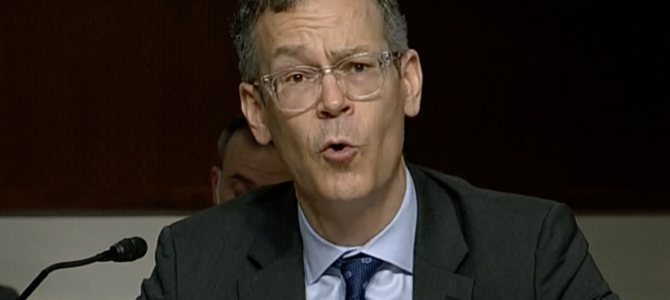Sen. Josh Hawley pressured U.S. Department of Defense Under Secretary for Defense Policy Colin Kahl to answer questions about the alleged lack of vetting that occurred when the U.S. evacuated mass numbers of people from Afghanistan.
In a Senate Armed Services Committee hearing on Tuesday, the Missouri Republican revealed that an August 18 email from the consul general in Kabul claimed that President Joe Biden authorized officials to “err on the side of excess” when bringing people onto rescue planes.
“This guidance provides clear discretion and direction to fill seats and to provide special consideration for women and children when we have seats,” the email read. “I expect that C-17 flight volume will increase.”
Consular officials instructed to “err on the side of excess” and put people on planes
— Josh Hawley (@HawleyMO) October 26, 2021
Kahl claimed that this guidance was justified.
“We had excess capacity to bring people out,” Kahl said. “And so what the president was signaling was if there were other clearly Afghans at risk, that we can safely bring into the airport and get off the airfield we should do that.”
Hawley said he was not aware of evidence that U.S. officials vetted the 116,700 people who were not citizens and not special immigrant visa holders, but were packed onto planes and evacuated from Afghanistan after the Biden administration’s hasty withdrawal
“What I’m driving at is, we know that we’ve got major problems of vetting of the people who were brought to this country, who were evacuated and brought to this country,” said Hawley. “So, you testified in September that those evacuated, about 6,000 American citizens, you testified in September that the SIVs were about 1,200 to 1,300, that leaves about 116,700 people, based on the 124,000 neo-number that you’ve been offering, 116,700 who were not citizens, who were not SIVs, and we just don’t know much about who were those people?”
“It’s a mix-mash of a lot of different categories,” Kahl said “About 84 percent of the people we brought out were Afghans at risk of various kinds.”








